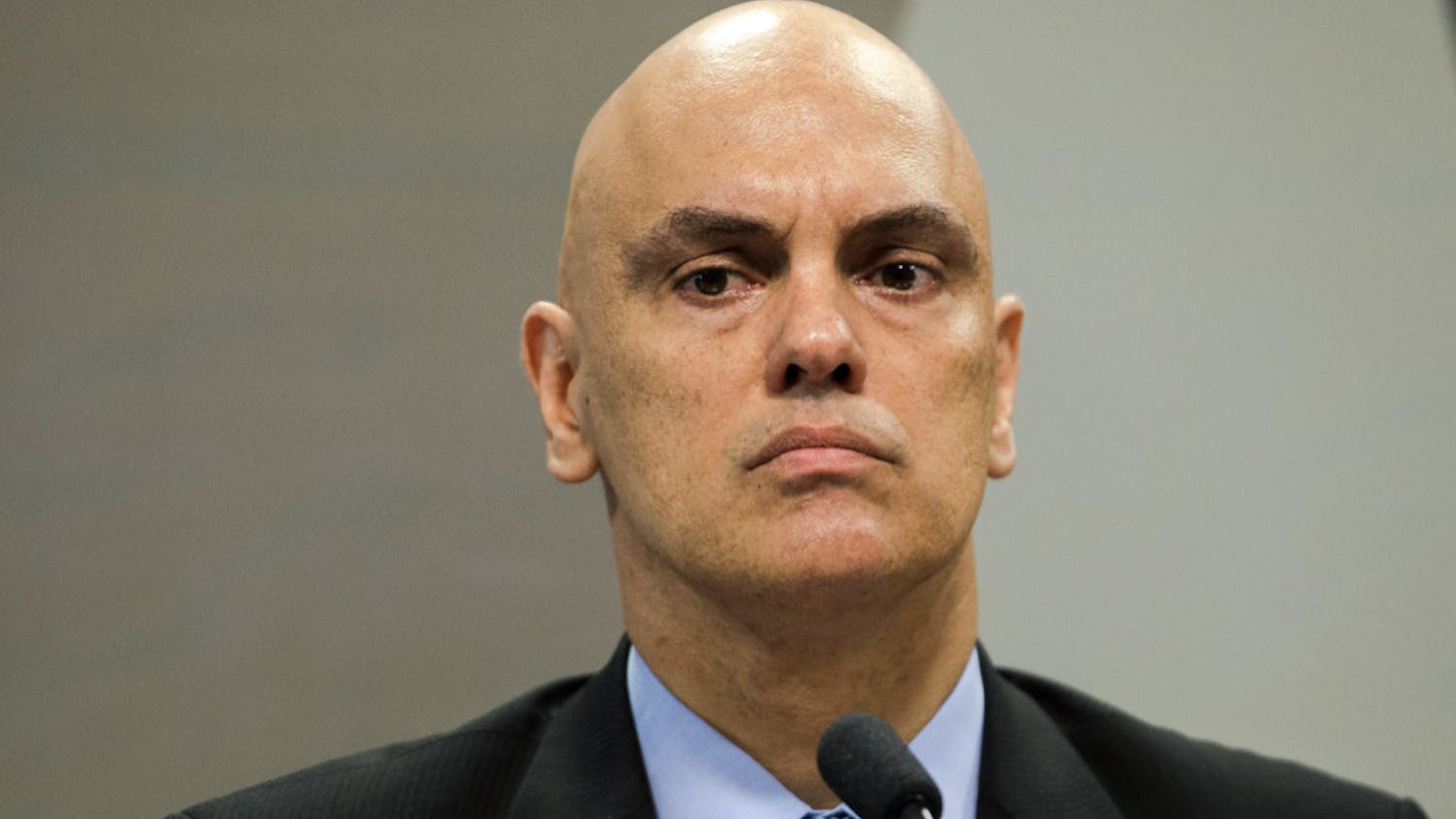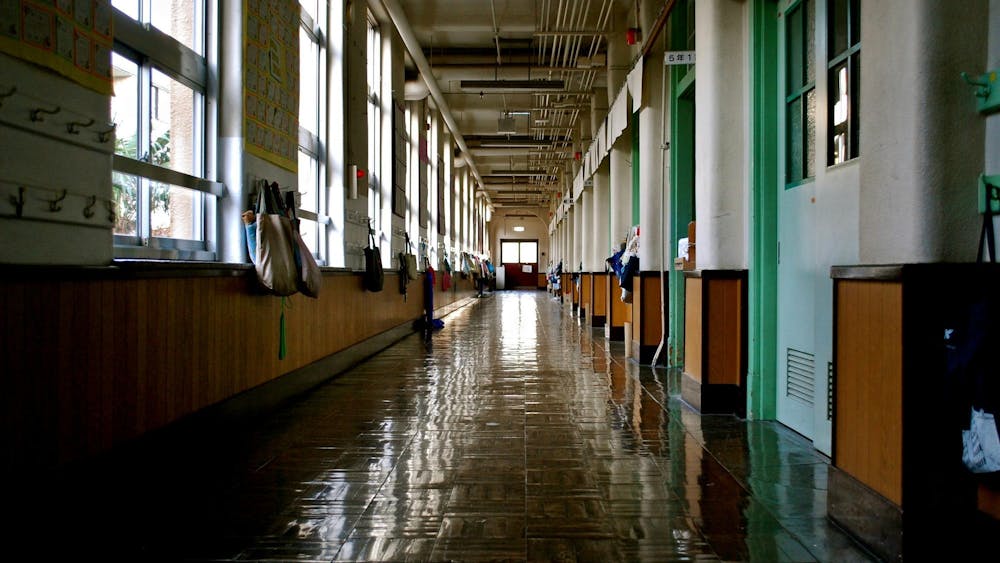In a few weeks, students will begin registering for spring courses. For me, this has always been an exciting time — I go on class search, look for interesting classes, check their reviews and session times and mix and match until I come up with the perfect schedule. This semester, Notre Dame's department of Film, Television, and Theatre (FTT) has offered courses on Notre Dame football, shadow puppetry, podcasts, Ireland, robots, Sinatra and dictators. But there are no courses on Black cinema. In the past decade, there have been courses on Irish, Chinese, French, Korean, Japanese, Latinx and queer cinema. But there hasn’t been a course focused on Black cinema in almost thirteen years. That course — “Black Power at the Movies” — was taught by a non-Black professor who has since left the University. A year later, a Black graduate student taught a course on Black art in the diaspora, but it was not focused on film. And since then, “Performing Blackness” has been taught a few times by a Black woman. Incidentally, this professor is one of only three Black professors in the entire FTT department, which currently has 31 professors. Within the film concentration, there is only one Black professor. Clearly, FTT needs more Black representation. Why it needs more representation should go without saying — at this point in 2020, after an unprecedented uprising, we have hopefully done the necessary readings on racism, anti-racism and representation. Likewise, Black directors and their films can teach us about racist structures and how they affect people. 13th (Duvernay 2016), directed by a Black woman, explains why America’s criminal justice system is inherently racist. Do the Right Thing (Lee 1988) tells an apparently timeless American story of rising racial tension. And Moonlight (Jenkins 2016) chronicles the development of Chiron, a gay Black boy living with his drug-addicted mother in a bad neighborhood. But it would be reductive to study Black cinema for strictly political reasons. I agree with film scholar Racquel Gates, who says “the very idea that Black film’s greatest purpose is to be an educational primer on race in America is a notion that we need to lay to rest. During this reflection on blackness and media, we must focus on the complexity and brilliance of Black film on its own merits. Now more than ever, we should return to ... films that connect audiences with the pathos, joy and even treachery of the Black characters and lives they depict, the films that recognize their complex humanity.” Indeed, few study Casablanca (Curtiz 1942) in order to learn about white people. We study Casablanca because we love its story, complex characters, cinematography and editing, and we want to know how each of these elements work. Why don’t we study Black cinema in the same way? Why don’t we study Losing Ground (Collins 1982) or George Washington (Green 2000) in order to see how they work as films about Black people rather than as “educational primers?” After all, as film majors, we study cinema. Black cinema exists, so we should study Black cinema — not only in courses about a broader topic, but in courses about Black cinema. In order for these courses to exist, Notre Dame should also hire more Black film scholars. Two is not enough. Of course, white professors can teach about Black cinema — every lesson I’ve learned in college about Black film has been taught by a white professor. (Again, these lessons were not taught in courses dedicated to Black film.) But why not hire Black scholars? They can offer insights that white scholars cannot, and a more insightful film department is a better film department. A better film department improves the University at large. Other universities like USC, IU and Columbia College Chicago have a similar problem with underrepresentation of Black film professors. Notre Dame's FTT department has the opportunity to be a national leader in this regard. Fortunately, the department has committed to many of the changes I have demanded: “[W]e acknowledge that we have the power to shape curricula based in anti-racist principles, to highlight the work of Black, Indigenous and people of color (BIPOC) creators and scholars, and to try to equip our students with the intellectual, creative and ethical tools and cultural competencies necessary to shape our communities and societies into places where racial justice and equality are vital priorities, not vague propositions,” FTT faculty wrote in a statement on anti-racism and racial justice in August. I applaud this promise and their acknowledgement that “mere words are painfully inadequate” if they are not backed up by actions. As students, we must hold FTT accountable, making sure it educates students in an optimally inclusive and socially responsible manner.
Chase Cummings
junior
Nov. 1













